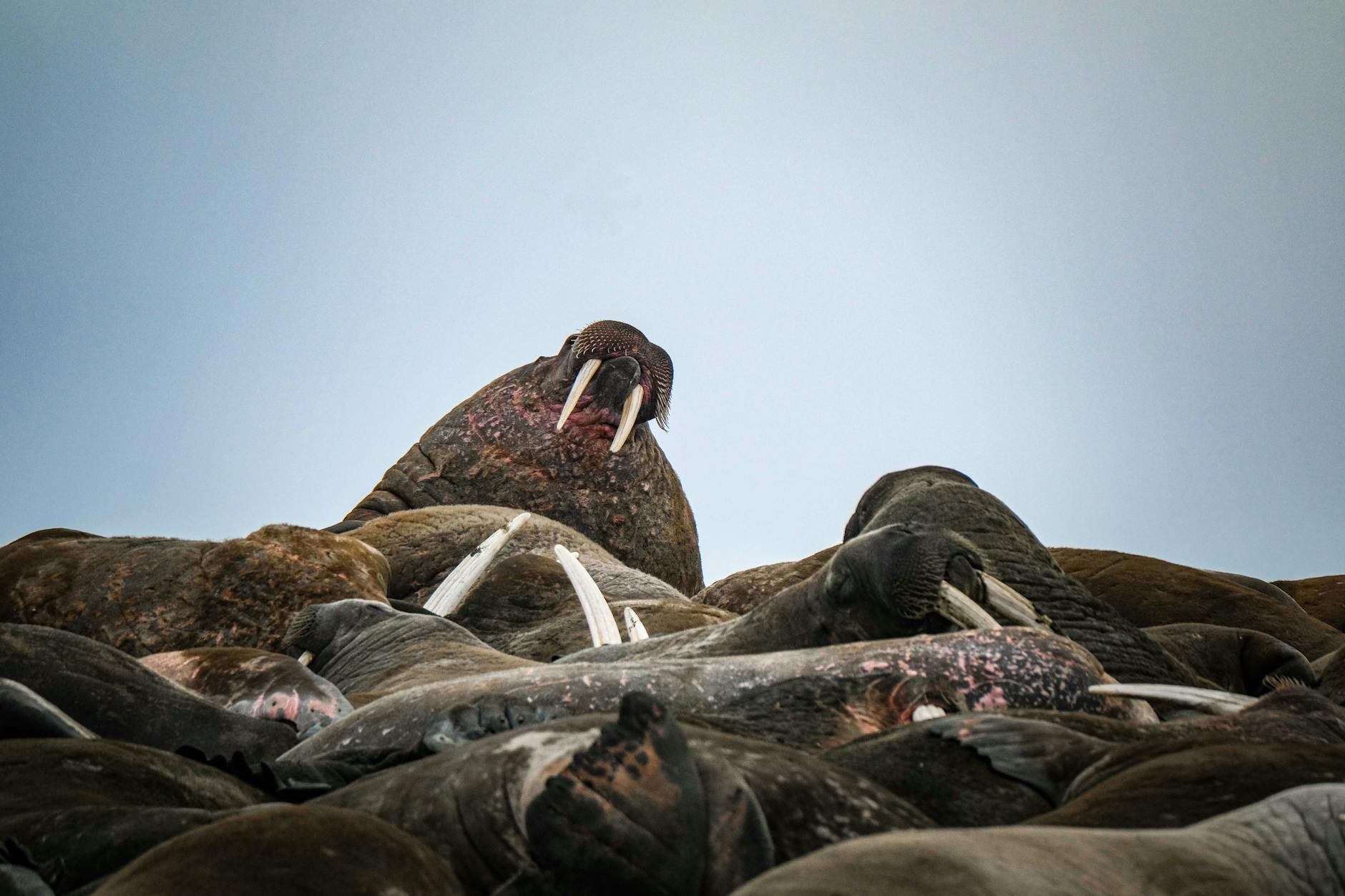The majestic ocean, home to some of the planet’s most magnificent creatures, is undergoing a silent, devastating transformation. Scientists are sounding the alarm: the very routes that whales and dolphins have navigated for millennia are being irrevocably altered, compelling these marine mammals into dangerous, uncharted territories. This alarming shift isn’t just a minor inconvenience; it’s a profound crisis that threatens the survival of entire populations, forcing them into perilous new waters where unseen threats lurk, escalating the risks to these incredible ocean giants.
Unraveling the Mystery: Why Ocean Giants Are Changing Course
The intricate patterns of whale and dolphin migrations, once predictable journeys across vast stretches of ocean, are now being severely disrupted by the accelerating effects of global warming. Rising sea temperatures, changes in ocean currents, and the disruption of vital food sources like krill and fish populations are directly influencing where these marine giants can find sustenance and breed. What were once reliable feeding grounds or safe passages are becoming increasingly inhospitable, leaving these intelligent animals with no choice but to seek out unfamiliar routes and habitats. This complex interplay of environmental factors is effectively redrawing the oceanic migration map, pushing these sensitive creatures far from their traditional, safer havens.
Perilous Journeys: The Hidden Dangers of Uncharted Waters for Marine Mammals
Venturing into new territories comes with a grave set of risks for whales and dolphins. These unaccustomed waters may lack adequate food supplies, leading to malnourishment and weakened immune systems, critically impacting their long-term health. More critically, these forced detours often bring them into closer proximity with human activities, significantly increasing the likelihood of fatal ship strikes, tragic entanglement in fishing gear, and chronic exposure to ocean noise pollution that disorients their sensitive sonar and communication systems. Furthermore, unfamiliar environments can expose them to new predators, diseases, or even drastically different water conditions they are not biologically equipped to handle. The ‘new normal’ for these creatures is a landscape fraught with unprecedented dangers, far from the relative safety their ancestral routes once provided.
The stark reality facing our planet’s whales and dolphins underscores the urgent need for global climate action. The disruption of these vital migration paths is not merely an ecological footnote; it’s a clarion call about the profound and far-reaching impacts of climate change on our most iconic marine species. Protecting these incredible journey-makers, and indeed the health of our entire ocean ecosystem, hinges on our collective commitment to understanding and mitigating these critical environmental shifts for a healthier, safer future for all marine life.

Leave a Reply